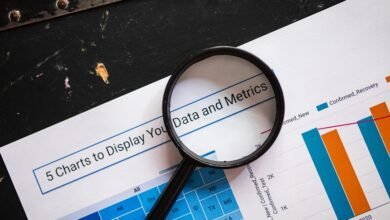927114313 Tracing Call Breakdown Across Regional Mobile Numbers

The process of tracing calls made to the number 927114313 involves intricate mechanisms that log data across various regional mobile networks. This analysis not only enhances cost efficiency but also provides insights into user behavior and regional communication patterns. However, the complexities of technical hurdles, jurisdictional challenges, and privacy concerns present significant obstacles. Understanding these factors is crucial to appreciating the potential and limitations of call tracing in today’s interconnected landscape.
Understanding Call Tracing Mechanisms
How do call tracing mechanisms function within the complex architecture of mobile networks?
These systems utilize call routing protocols to monitor and log call data across various nodes.
Digital forensics techniques analyze this data, allowing investigators to trace calls effectively.
Benefits of Tracing Calls Across Regions
While the complexities of international telecommunication networks present challenges, the benefits of tracing calls across regions are significant.
Enhanced cost efficiency can be achieved through optimized routing, reducing expenses for both providers and consumers.
Additionally, regional insights gleaned from call tracing enable businesses to tailor services to specific markets, fostering strategic decision-making and promoting operational effectiveness in a competitive landscape.
Challenges and Limitations of Call Tracing
Navigating the landscape of call tracing reveals several challenges and limitations that can hinder its effectiveness.
Technical hurdles, such as the reliance on varied telecommunications technologies, complicate data integration. Additionally, jurisdiction issues arise when calls traverse borders, leading to inconsistencies in legal frameworks.
These factors collectively impede the seamless execution of call tracing, undermining its potential benefits while raising concerns for stakeholders involved.
Privacy and Security Implications of Call Tracking
As the adoption of call tracking technologies increases, the implications for privacy and security become increasingly pronounced.
The collection of sensitive data raises significant data protection concerns, necessitating stringent safeguards.
Ethical considerations further complicate the landscape, as individuals may unknowingly consent to surveillance.
Balancing technological advancement with the preservation of personal freedoms remains critical to ensure that privacy is respected in a connected world.
Conclusion
In a world where advanced technology ostensibly connects us, the irony lies in the complexities of tracing a simple call to 927114313. While the promise of enhanced efficiency and regional insights beckons, the shadows of jurisdictional hurdles, technical limitations, and privacy concerns loom large. The very tools designed to illuminate our communications often cast a pall over individual rights, leaving one to ponder whether the quest for clarity ultimately obscures the essence of genuine connection.





